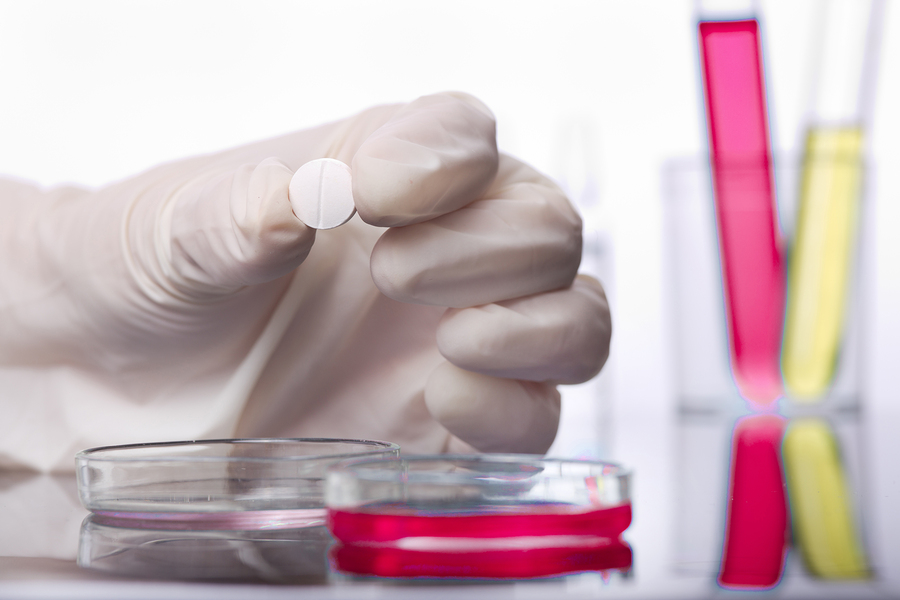Background
The Pharmacist Code of Ethics stipulates that a pharmacist must “aid in the enhancement of the profession by exchanging knowledge and experience with other pharmacists and students, by continuously improving their level of professional knowledge and skills through ongoing coursework and training, as well as through job experience and scientific research in the field of pharmacy.” Pharmacists may also work, as directors or collaborators, in various fields of research: fundamental, clinical, evaluative, epidemiological, qualitative or pharmacoeconomic.
Research pharmacist job description
The research pharmacist will work mainly on two axes of research: contributing to the development of medicines, and evaluating pharmaceutical care and services. He/she may operate out of a pharmaceutical research company, university, hospital or other institution. The research pharmacist must be able to manage all aspects of research, from financial and human resources (assistant nurse, statistician, clinician) to materials (technology, communication tools, medical supplies).
Principal duties of the research pharmacist
- Design a research plan: identify the need or problem, define the objective and target population, draw up research protocol
- Apply research protocol: obtain the consensual participation of the subject, offer pharmaceutical services, interpret data and analyze results
- Disseminate the results of the research: prepare scientific papers, publish and apply the results of the research, document adverse effects
- Ensure pharmacotherapeutic follow-up
Education to be a research pharmacist
After receiving a Bachelor of Pharmacy, the student will have to choose between:
- The Masters of Science in Pharmaceutical Science, which grooms the student for research
- The PhD in Pharmaceutical Science, which trains independent researchers
Skills
Research pharmacist participating in research
- Understand and practice the code of ethics
- Be able to apply the methods of scientific research
Research pharmacist directing research
In addition to the above, he/she must also:
- Be familiar with and execute the various stages of putting together a research plan
- Be able to rigorously present the results of one’s research in accordance with the standards of publication
Personal characteristics
- Sharp sense of detail
- Good communication skills
- Excellent editorial/writing skills
- Capacity to work independently
- Team management skills
Salary
The starting salary of an assistant researcher in a pharmaceutical laboratory, biotechnology firm or university department can be multiplied by 3 or 4 by career’s end.
Advancement
In the course of his/her career, a research pharmacist can work on increasingly important research projects and eventually lead teams. Career advancement presupposes a perfect mastery of interpersonal and management skills, which often requires additional training in these areas.
